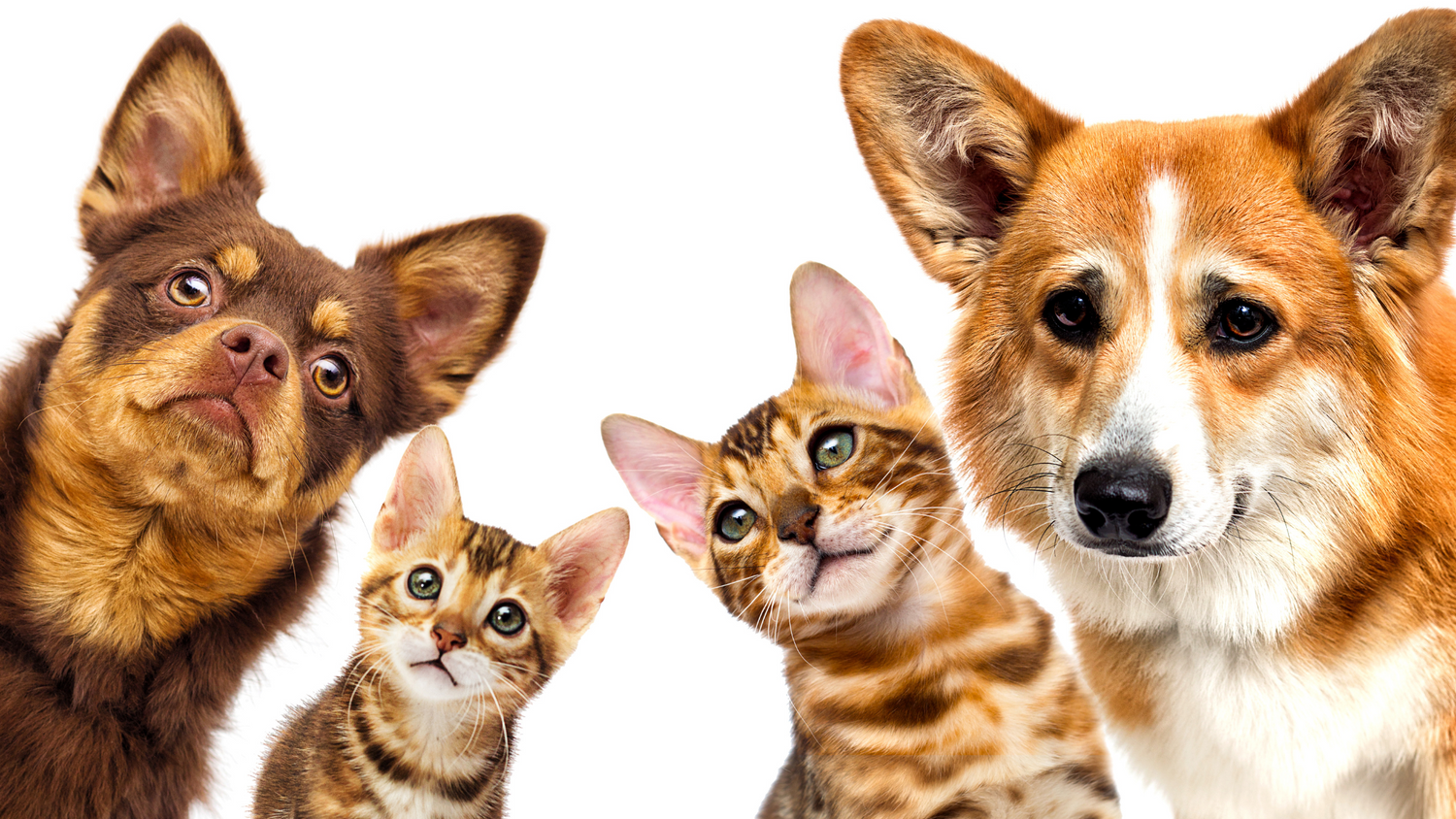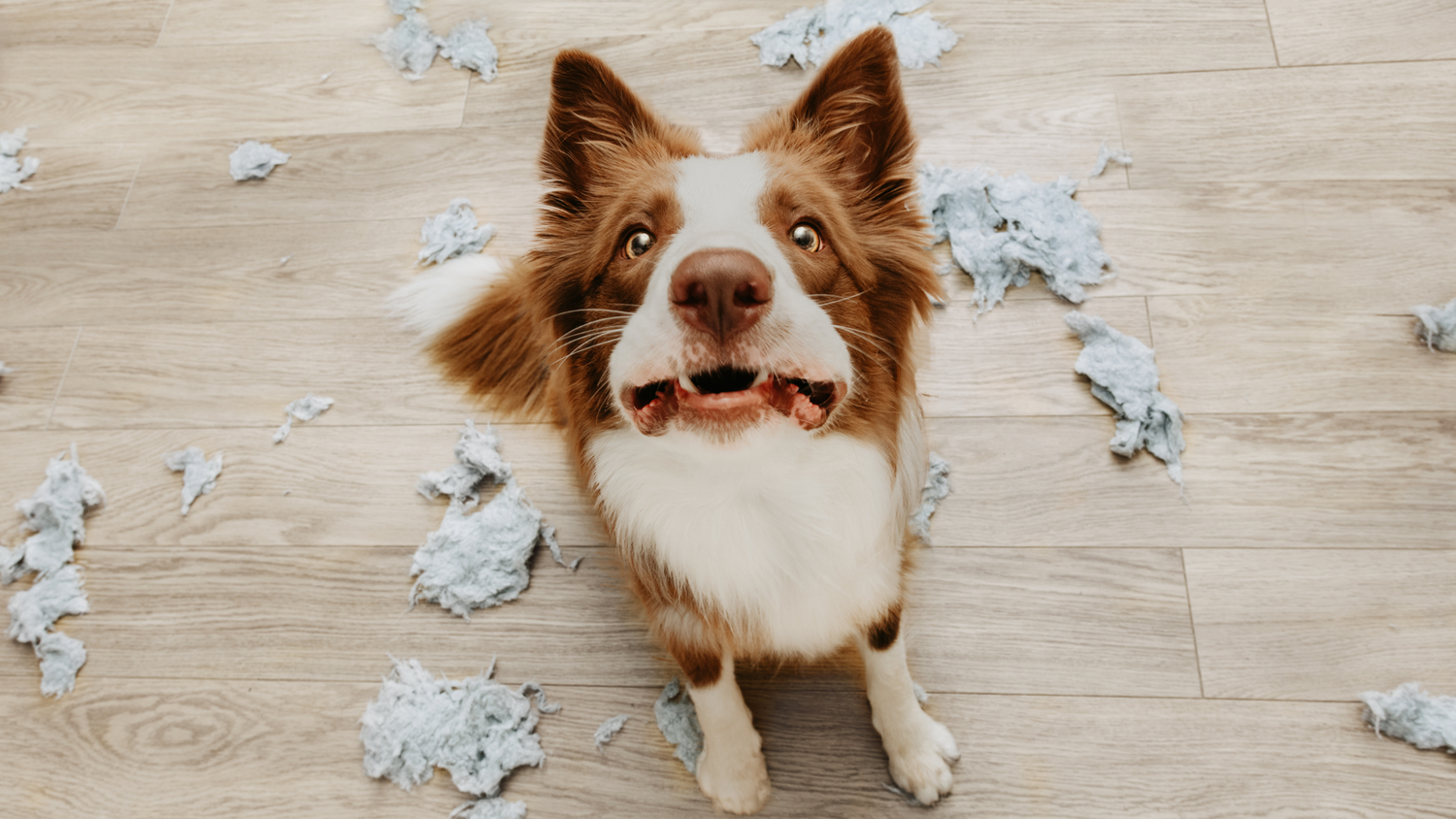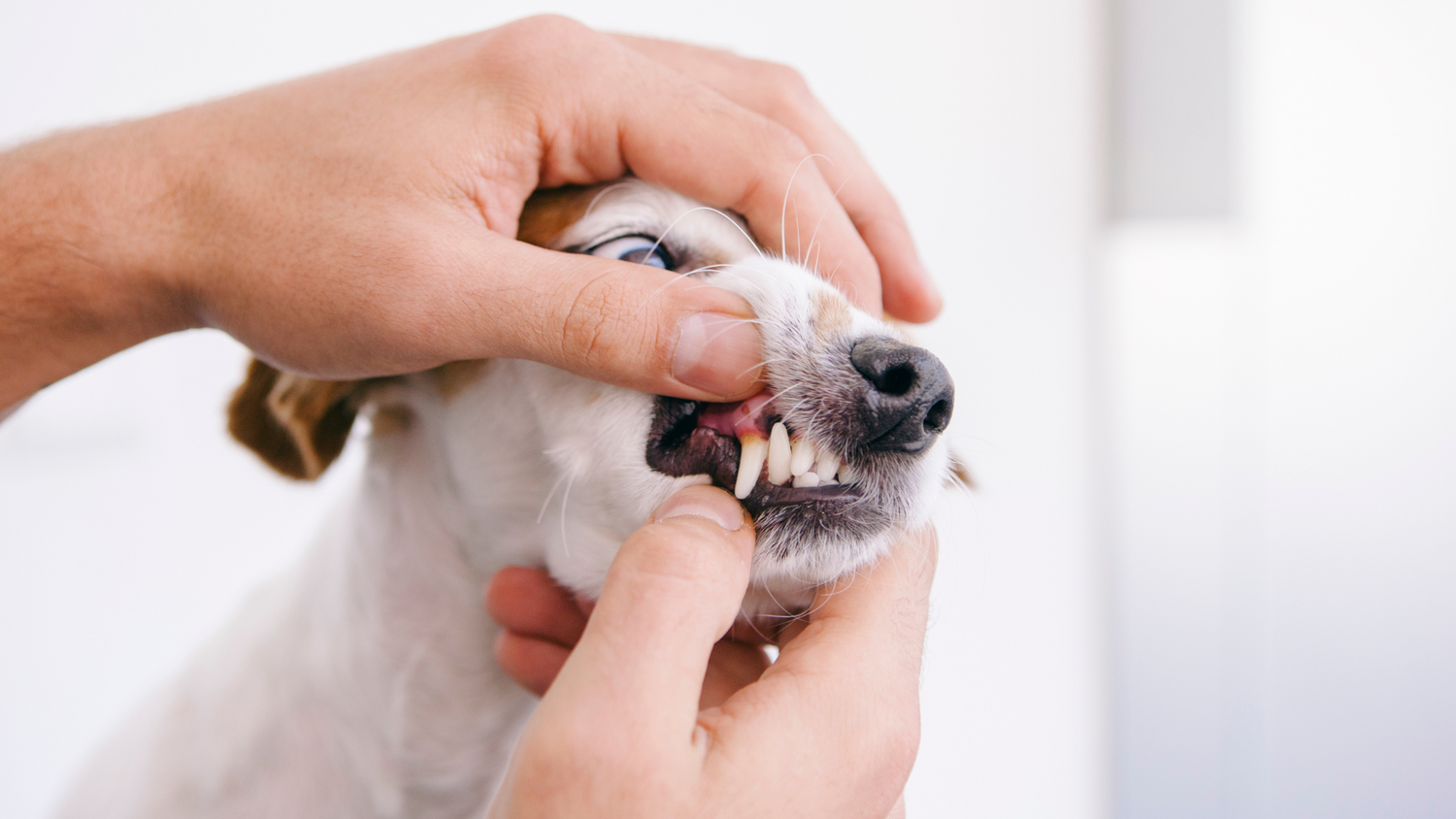Our beloved dogs bring joy and companionship into our lives. However, just like humans, dogs can suffer from allergies that may affect their overall well-being. Some of these symptoms are hard to pinpoint, but identifying the symptoms of dog allergies is crucial for ensuring your dog lives a happy, healthy life. In this blog, we'll delve into five common signs of dog allergies: paw licking, rubbing their face, bum scooting, hair thinning, and recurring ear infections.
1.Paw Licking:
One of the most noticeable signs of allergies in dogs is excessive paw licking. If you observe your pet constantly licking their paws, it could be an indication of discomfort. Dogs may develop allergies to various environmental factors, such as pollen, grass, or certain foods. The licking is often an attempt to soothe the itching and irritation caused by allergens.
Products best for paw licking include: If the paws are red and inflamed try our Hot Spot Gel and Gut Advanced Pack. If the paws are dry, try our Derma Cream and our Gut Advanced Pack!
-
Rubbing Their Face
Dogs with allergies may frequently rub their faces against furniture, carpets, or even the ground. This behaviour is an instinctive response to alleviate the itching and discomfort caused by allergens. The face, particularly around the eyes and muzzle, is a common target for this rubbing.
Regular grooming and cleaning of your dog's living environment can help reduce exposure to potential allergens. Additionally, your vet may suggest hypoallergenic shampoos like our Derma Shampoo!
For this try our Itchy Dog Pack, which includes our Derma Shampoo!
-
Bum Scooting
While bum scooting may seem amusing, it can actually be a sign of allergies or other health issues. Dogs with allergies may experience inflammation of the anal glands, leading to discomfort and the scooting behaviour. Anal gland problems can result from food allergies, so paying attention to your dog's diet is crucial.
If your furry friend is scooting, consult your vet for a proper examination. They can express the anal glands and recommend dietary changes or medications to alleviate the symptoms.
To relieve the itchy symptoms try our Hot Spot Gel!
-
Hair Thinning
Hair thinning is a clear sign that your dog’s allergies are getting our of hand and compromising their gut microbiome. If you notice your dog's coat losing its lustre or becoming patchy, allergies paired with poor gut health is generally the culprit. Allergies can affect the skin, leading to inflammation and hair loss.
Your veterinarian may recommend dietary changes, we always recommend a fresher food approach for allergies this bad as targeting the root problem is essential. If you are in Australia try these fresh/raw food pet food brands: Big Dog, Prime100 or Lyka. Identifying and eliminating the specific allergens will play a crucial role in preventing further hair thinning.
Along with necessary diet changes, your pet’s gut microbiome is likely compromised and in bad shape, and while changing your feeding approach will likely help a lot moving forward, targeting the existing inflammation and bad bacteria in the gut is essential to a healthy coat and skin. For this we recommend our Itchy Dog Pack! This has everything you need internally and externally to help soothe the skin, help remove skin irritants and rebuild your dog’s gut health!
-
Recurring Ear Infections
This is one that many people don’t realise is a tell tale sign of allergies! Your pet’s ears can be affected by environmental changes, but mostly this is a sign of food allergies and poor gut health. If your dog frequently shakes their head or scratches their ears, it could be a sign of allergic reactions/ yeast overgrowth in their gut. Ear infections can cause discomfort and pain, affecting your dog's overall well-being, and should never be left untreated as it can lead to serious earring and ear canal issues.
Cleaning of the ears is important, but what will stop recurrence is fixing the root cause, the gut. Yeast overgrowth happens in your pet’s gut due to allergies, food intolerances, high amounts of sugar and/ or high amounts of carbohydrates. To help balance the good bacteria out you’ll need the Gut Advanced Pack. This high strength pack helps to support the gut microbiome to balance back out to its happy medium of good bacteria!
Also note, if the issue continues to reoccur, speak to your vet about diet changes and check the food brands we mentioned above to see if this would suit your pup.
Understanding the symptoms of dog allergies is essential for providing the best possible care for your four-legged friend. If you observe any of these signs—paw licking, face rubbing, bum scooting, hair thinning, or recurring ear infections—seek professional veterinary advice and try our natural remedies! With proper diagnosis and a tailored treatment plan, you can help your dog lead a comfortable, allergy-free life.





